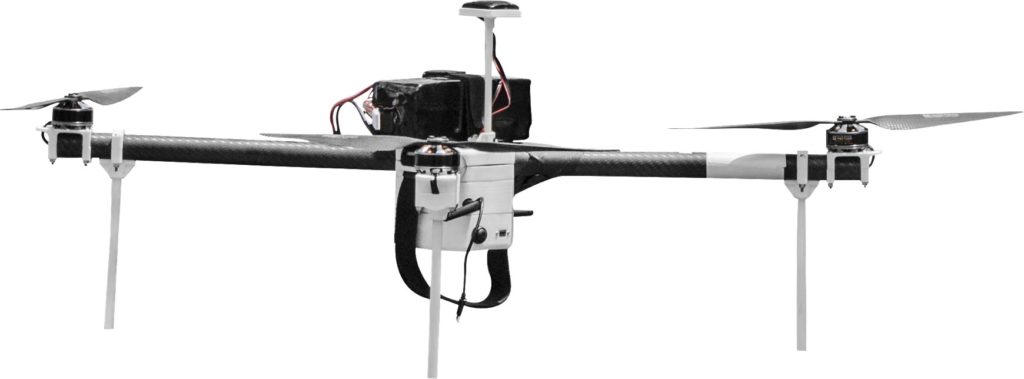Matternet
Creating the next paradigm for transportation using networks of small flying vehicles
There are places in the world, including the majority of Africa and Asia, which completely lack usable roads. A billion people in the world have no access to all-season roads. Alright, so let’s build more roads, right? The solution is not that simple. In order to build African road infrastructure equivalent to America’s, it would take 23 years and cost $4 trillion. In the meantime, millions of people would continue to die each year because they lack access to basic resources such as food and medicine.

Matternet hits the sweet spot between social good, profit and industry transformation.
Many people are looking for solutions to this problem. However most of them are focused on finding ways to build things quicker or more cheaply.
Andreas Raptopoulos and Paola Santana are taking a different approach. They think we should leapfrog, in the same way we’ve done it with cellular telephony.
Their company, Matternet, is building revolutionary unmanned aerial transportation vehicles and intelligent software to allow people and organisations anywhere in the world to set up and operate transportation networks. Matternet networks will enable the delivery of crucial supplies to rural areas in far less time and for far less money than it would take to construct the necessary ground infrastructure. In time, Matternet networks could also be used to solve the opposite problem: how to get things to people who live in densely populated areas where infrastructure is overbuilt and overtaxed.
[blockquote quote=”We saw this and we thought: Can there be a better way? Can we create a system using today’s most advanced technologies that can allow this part of the world to leapfrog in the same way they’ve done with mobile telephony in the last ten years? Could we do the same for transportation?” source=”Andreas Raptopoulos – CO-FOUNDER, EXECUTIVE CHAIRMAN, CEO” reverse=”false”]
Share
Return to News